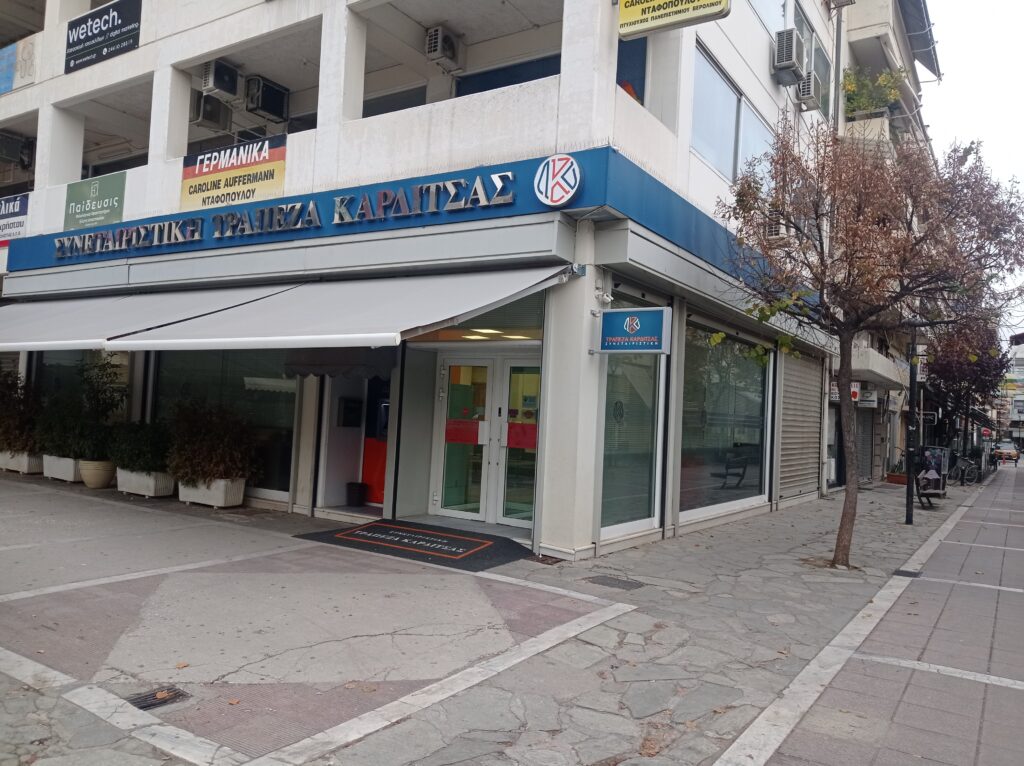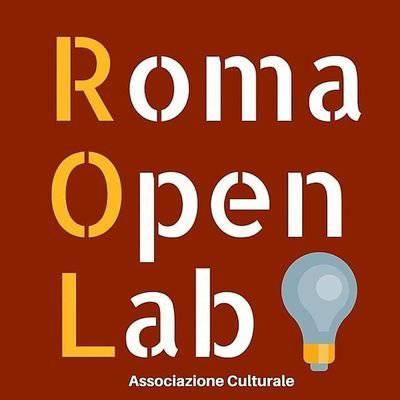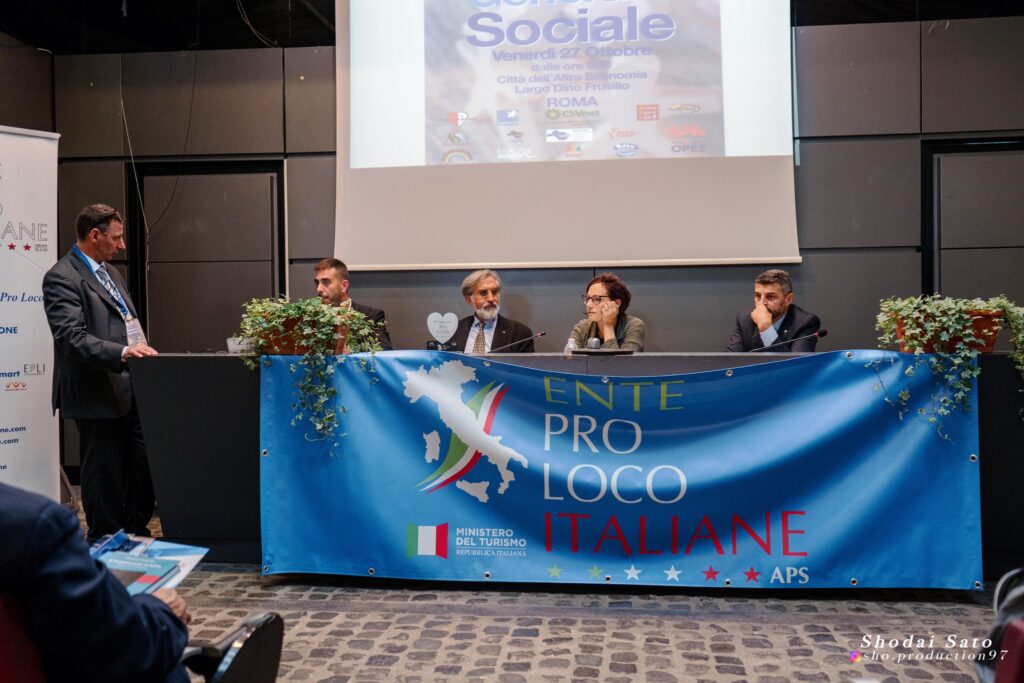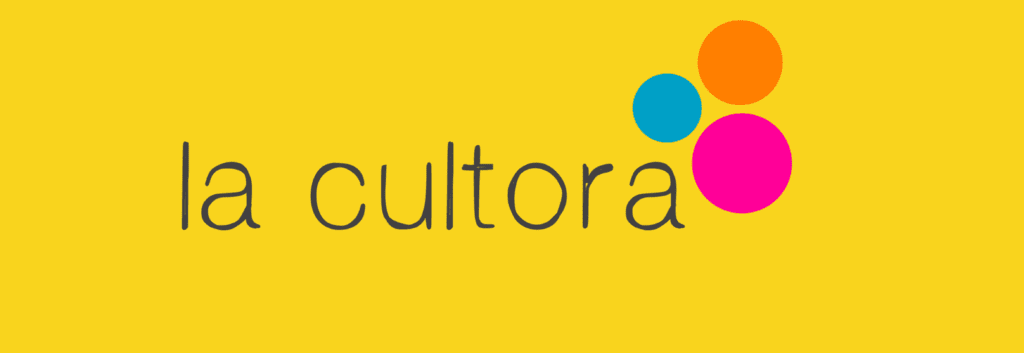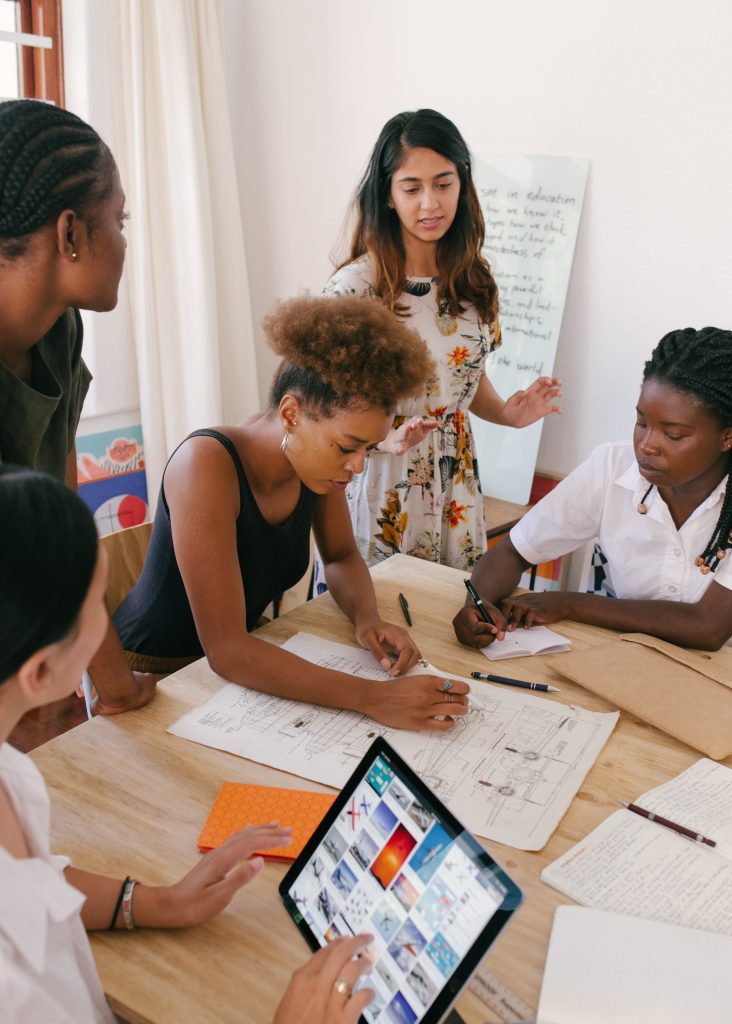Lavoro e benessere – Prevenire e gestire il burnout
L’AGCI Umbria, all’interno delle azioni promosse dal progetto europeo OBCD – Open Business for Community Development, in particolare in quella inerente alla costruzione ed allo sviluppo dell’Ecosistema Locale, ha ritenuto importante coinvolgere le cinque cooperative sociali facenti parte dell’Ecosistema Locale Italia OBCD: – LUDUS SOCIETÀ COOPERATIVA SOCIALE – POLIS SOCIETÀ COOPERATIVA SOCIALE – ITINERA SOCIETÀ COOPERATIVA SOCIALE – GEA SOCIETÀ COOPERATIVA SOCIALE – HERASMUS SOCIETÀ COOPERATIVA SOCIALE nell’incontro che si è tenuto lunedì 6 maggio 2024, presso la sede di CGIL Umbria, in cui si sono approfondite le tematiche inerenti: 1. la prevenzione e 2. la gestione del burnout all’interno dei luoghi di lavoro. L’incontro si inserisce all’interno dell’iniziativa, sostenuta da INAIL Umbria e realizzata da INCA CGIL Perugia, con il supporto di AGCI Umbria e di Legacoop Umbria, denominata “LAVORO E BENESSERE”. Tale progetto è finalizzato a porre in essere azioni di prevenzione e di gestione del burnout all’interno delle imprese, con particolare riferimento alle Imprese Sociali, e consiste in interventi formativi on line di 4 ore, in cui viene sviscerata la problematica del Burn Out all’interno dei luoghi di lavoro. L’iniziativa è stata patrocinata e finanziata dall’INAIL Umbria, che ha riposto da sempre molta attenzione sulla prevenzione dei rischi psicosociali nel lavoro, chiedendo ad ogni impresa di valutare lo stress lavoro correlato affinché in ogni organizzazione ne sia presente un livello ottimale, tale da essere fonte di stimolo per i lavoratori e non di stress. Una delle possibili conseguenze di un alto livello di stress organizzativo correlato ad una mala gestione del medesimo è il cosiddetto fenomeno del Burnout, presente soprattutto nelle professioni Helper, quali: operatori socio-sanitari, infermieri, medici, assistenti sociali, educatori, insegnanti e in generale le professioni correlate ad una relazione d’aiuto. Gli incontri sono stati tenuti dalla Dott.ssa Valentina Nardi, Psicologa, Psicoterapeuta e Consulente del Lavoro ed hanno coinvolto, tra gli altri, più di 200 socie lavoratrici e soci lavoratori di cooperative sociali aderenti ad AGCI Umbria. Le suddette cooperative sociali coinvolte hanno partecipato in maniera attiva e massiva agli incontri, manifestando un notevole interesse ed un grande apprezzamento per l’approccio utilizzato e per la tematica affrontata, che è di grandissima attualità nelle Imprese Sociali, soprattutto nella presente era post pandemica. L’evento ha previsto i seguenti interventi scientifici: Valentina Nardi – Consulente del Lavoro e Psicologa del lavoro, Responsabile di Progetto per Inca Cgil: La prevenzione dei Rischi Psicosociali realizzata dal partenariato INAIL UMBRIA –INCA CGIL UMBRIA negli anni: sintesi delle esperienze e dei risultati Alessandra Ligi – Direttore Regionale Inail Umbria: Il benessere sui luoghi di lavoro al centro dell’intesa tra Inail Umbria e Inca Cgil Umbria Silvio Ranieri – Segretario Regionale di Anci (Associazione Nazionale Comuni Italiani) Umbria: L’esperienza di gestione dei rischi psicosociali nelle Pubbliche Amministrazioni, il ruolo di Anci Umbria Mariella Cleri – Docente a contratto di Psicologia del Lavoro e delle organizzazioni nel Corso di Laurea magistrale in Scienze Infermieristiche ed Ostetriche presso la Facoltà di Medicina dell’Università degli Studi di Perugia: Riconoscere, esprimere, educare la presenza umana nelle esperienze di lavoro: un modello di formazione potenziante Matteo Ronchetti – Ricercatore del laboratorio rischi psicosociali e tutela dei lavoratori vulnerabili – INAIL DIMEILA: Le nuove frontiere della ricerca nella prevenzione dei rischi psicosociali Gli interventi sono stati preceduti dai saluti di Roberto Panico, Coordinatore regionale Inca Cgil Umbria e dei rappresentanti di AGCI (Associazione Generale Cooperative Italiane) Umbria – presente il Presidente Gabriele Nardini -, CONFAPI (Confederazione italiana della piccola e media industria) Umbria e ANCL (Associazione Nazionale Consulenti del Lavoro) Umbria. Nel corso dell’evento ci sono stati diversi momenti di confronto tra gli utenti e i beneficiari del progetto in questione, in cui sono state approfondite le casistiche reali che investono le Imprese Sociali coinvolte nel progetto e facenti parte dell’Ecosistema Locale italiano: sono state portate diverse testimonianze da parte delle cooperative sociali, che hanno condiviso con tutti i presenti le problematiche relative alle specificità particolari delle professioni di aiuto e del settore Sociale. Molto importante è stato l’intervento della Dott.ssa Anamaria Voicu, della Cooperativa Sociale POLIS di Perugia, che ha posto fortemente l’accento sull’importanza delle azioni di prevenzione e gestione dello stress e del burn out all’interno delle imprese sociali, soprattutto in questo periodo complicato caratterizzato dall’incremento dell’ansia generalizzata, dagli strascichi emotivi e personali derivanti dalla pandemia, dal bombardamento di notizie fortemente ansiogene inerenti i conflitti e le tensioni internazionali, i timori relativi al cambiamento climatico e, non ultime, le difficoltà – specifiche delle cooperative sociali – organizzative, economiche e gestionali insite nell’attuazione e nell’applicazione degli adeguamenti previsti dal rinnovo del Contratto Collettivo Nazionale delle Cooperative Sociali. Essendo presenti anche altri componenti dell’Ecosistema Locale, il dibattito è stato serrato e costruttivo ed è emersa fortemente l’importanza di tutte le azioni – quali la formazione, il coaching, il counselling – che abbiano come target finale le risorse umane, attraverso l’incremento delle competenze personali – con particolare riferimento alle soft skills -, il miglioramento delle relazioni interpersonali, il ripensamento dei modelli organizzativi verticistici, la corretta gestione dei conflitti, dello stress e delle situazioni di burnout. L’incontro del 6 maggio è stato quindi un momento importante per fare il punto della situazione sulle azioni che possono essere messe in campo per favorire il benessere delle lavoratrici e dei lavoratori all’interno del mondo delle professioni di aiuto organizzate in forma di Impresa Sociale e per rilanciare l’importanza e la valenza socio imprenditoriale di tutto il settore che ricade all’interno di quella che, sempre più a pieno titolo, può definirsi Economia Sociale. Il Presidente di AGCI Umbria, Gabriele Nardini ha espresso viva soddisfazione per la forte attenzione che viene posta dai soggetti istituzionali, quali l’INAIL e l’ANPI, dalle O.O. S.S., dalle Organizzazioni Datoriali e, non di meno, dalle Imprese Sociali stesse, sul miglioramento delle condizioni di lavoro degli operatori sociali e di tutti coloro che operano nell’Economia Sociale. Tale sforzo unitario rientra a pieno titolo nello spirito del progetto europeo OBCD, che si estrinseca in tutte le azioni, poste all’interno ed ai margini dell’Ecosistema Locale italiano, finalizzate a promuovere un modello innovativo
Lavoro e benessere – Prevenire e gestire il burnout Leggi tutto »



